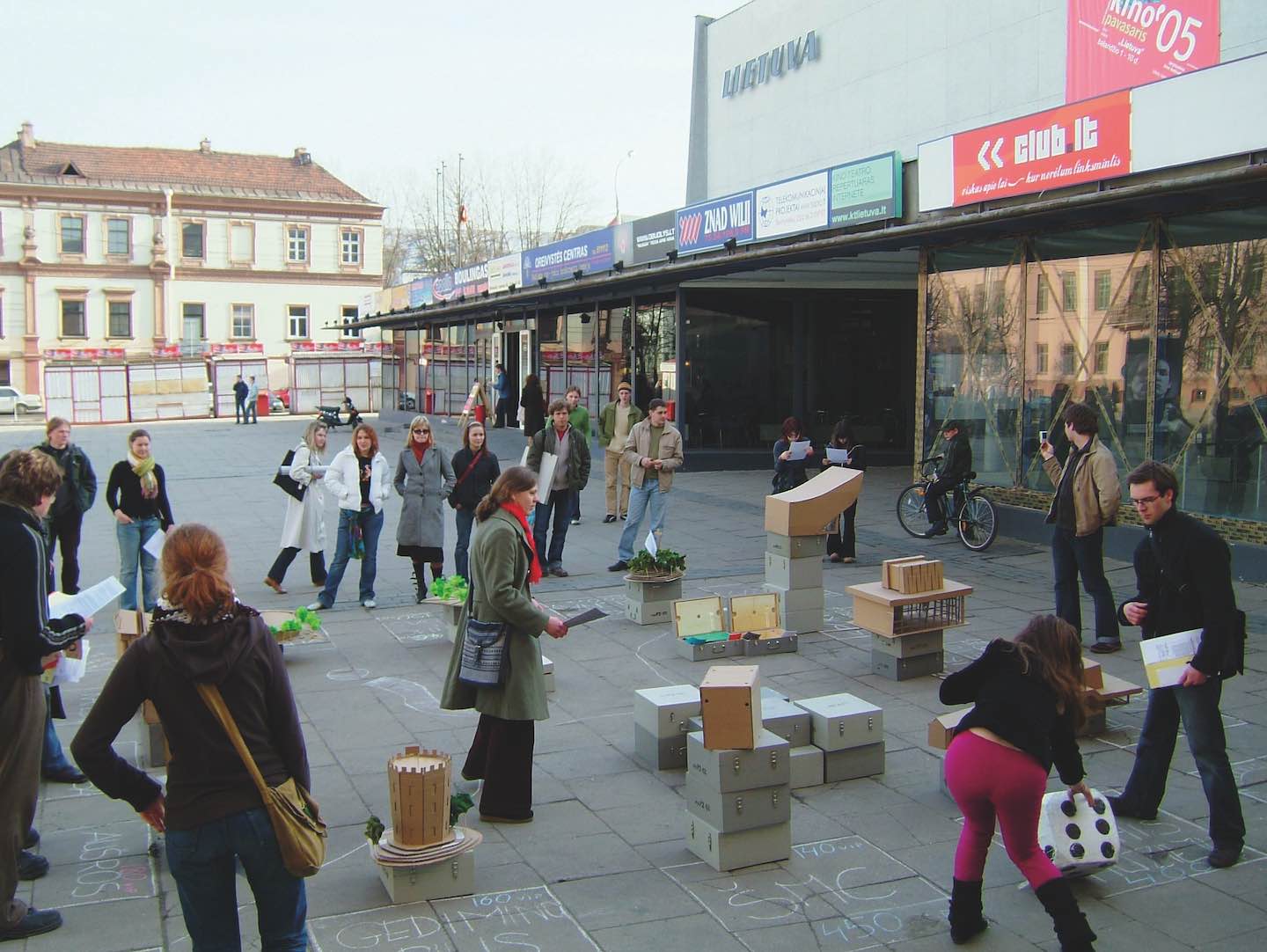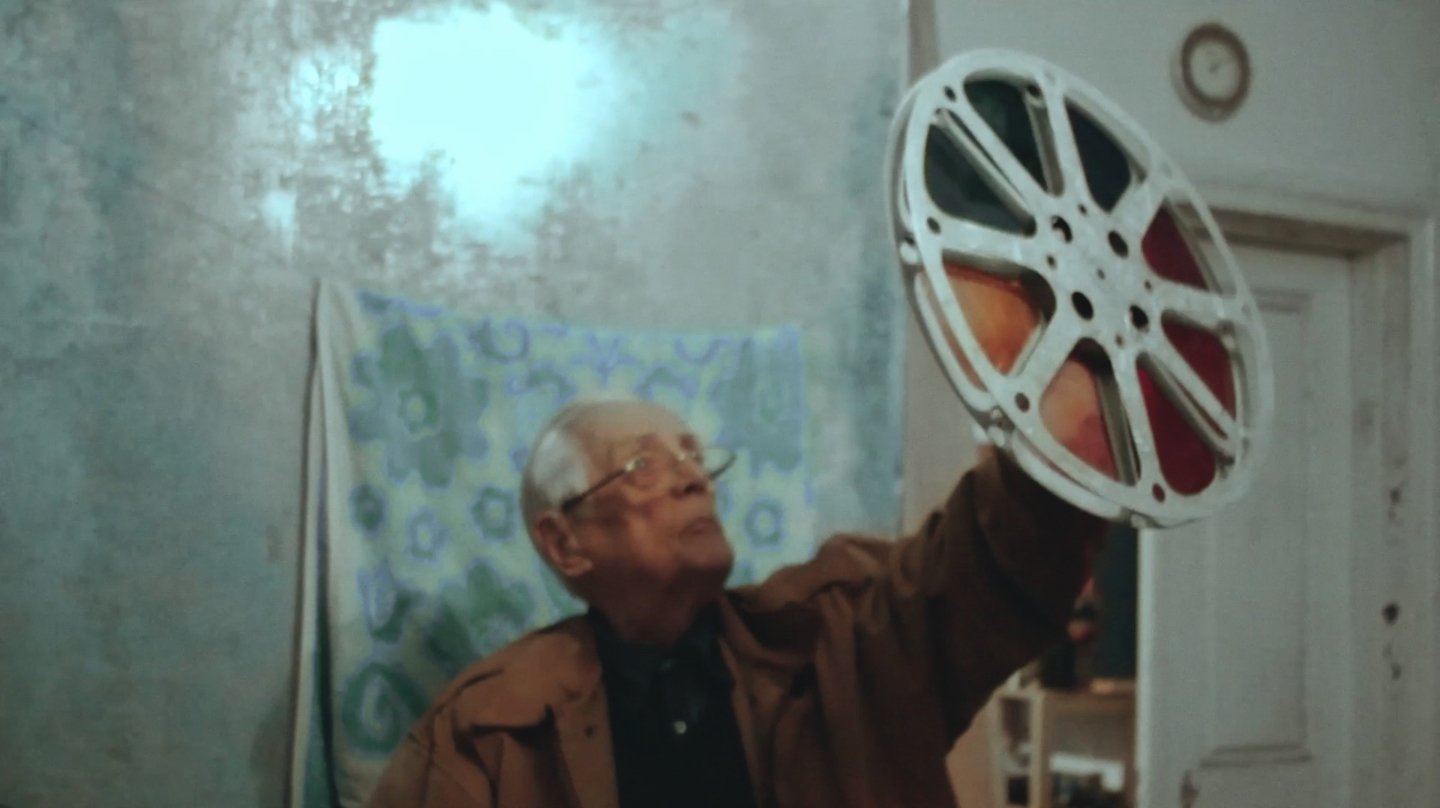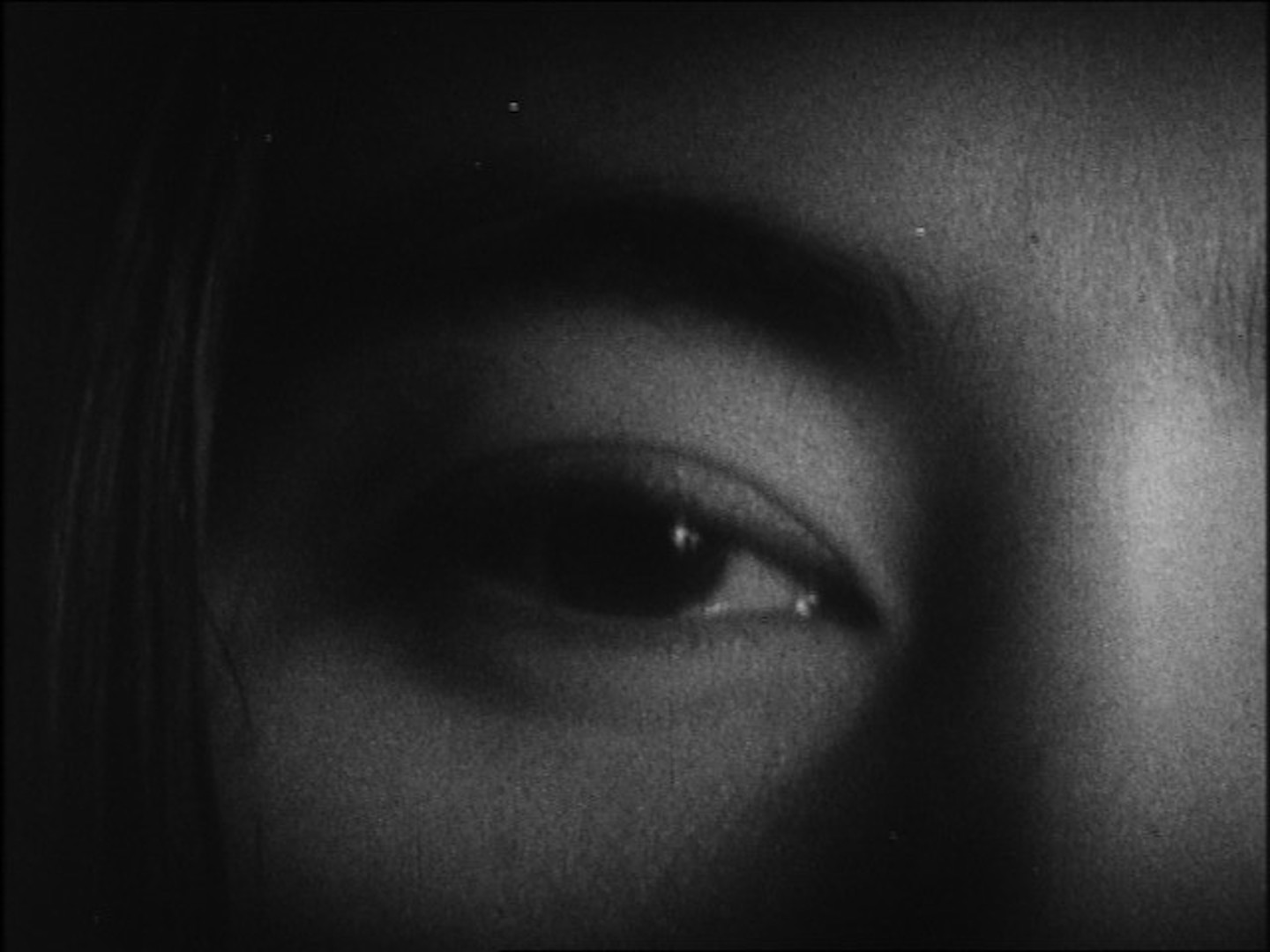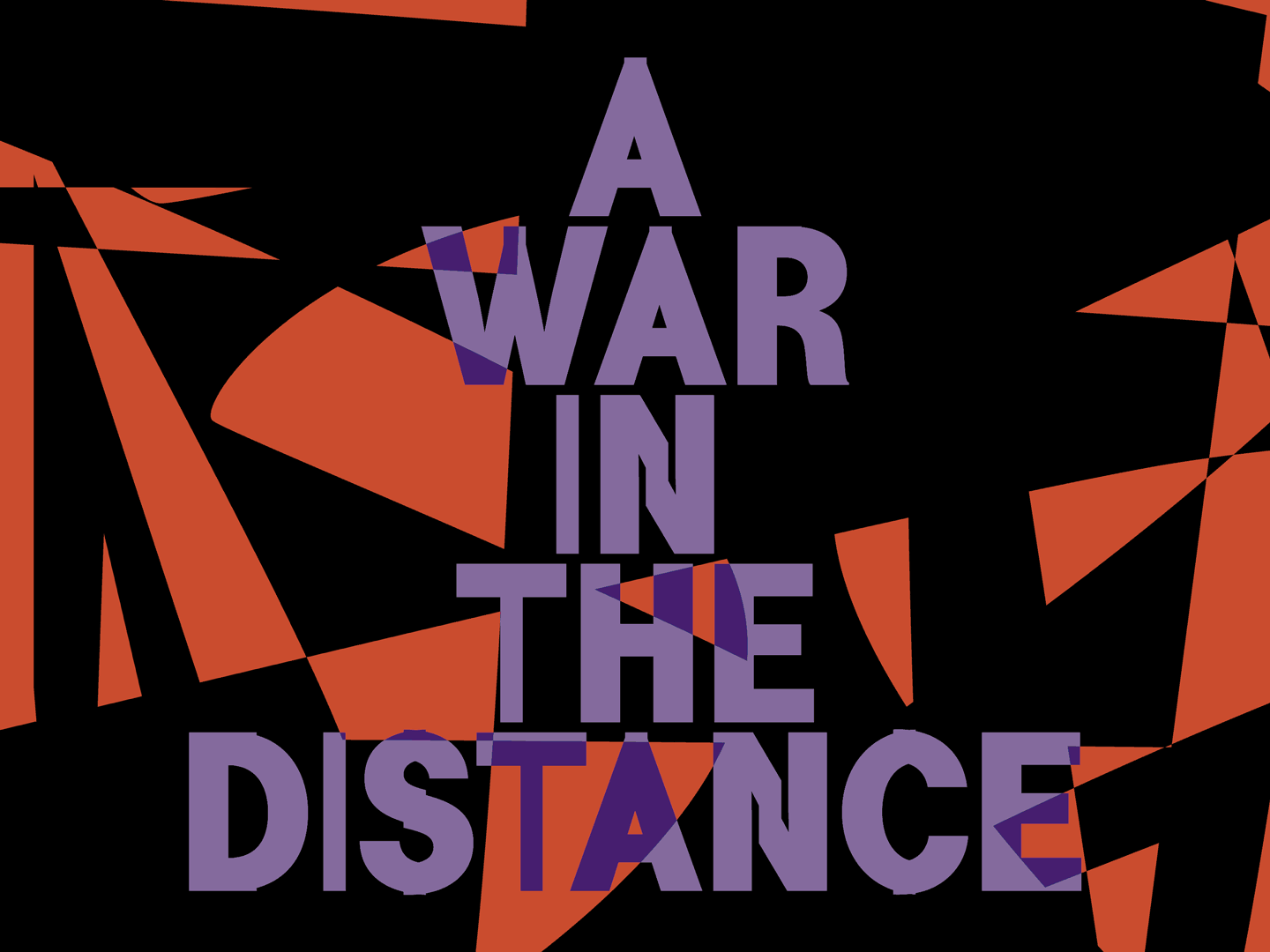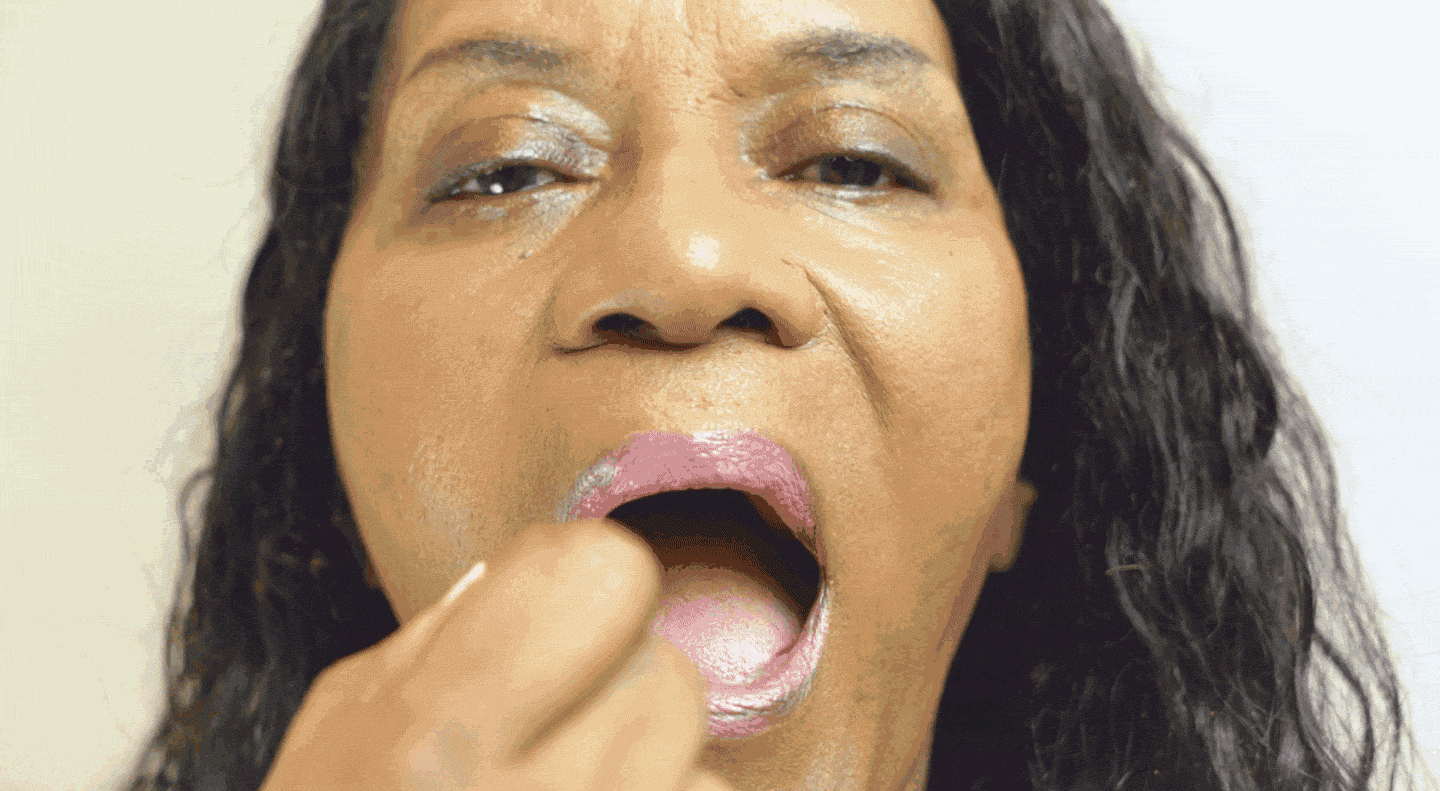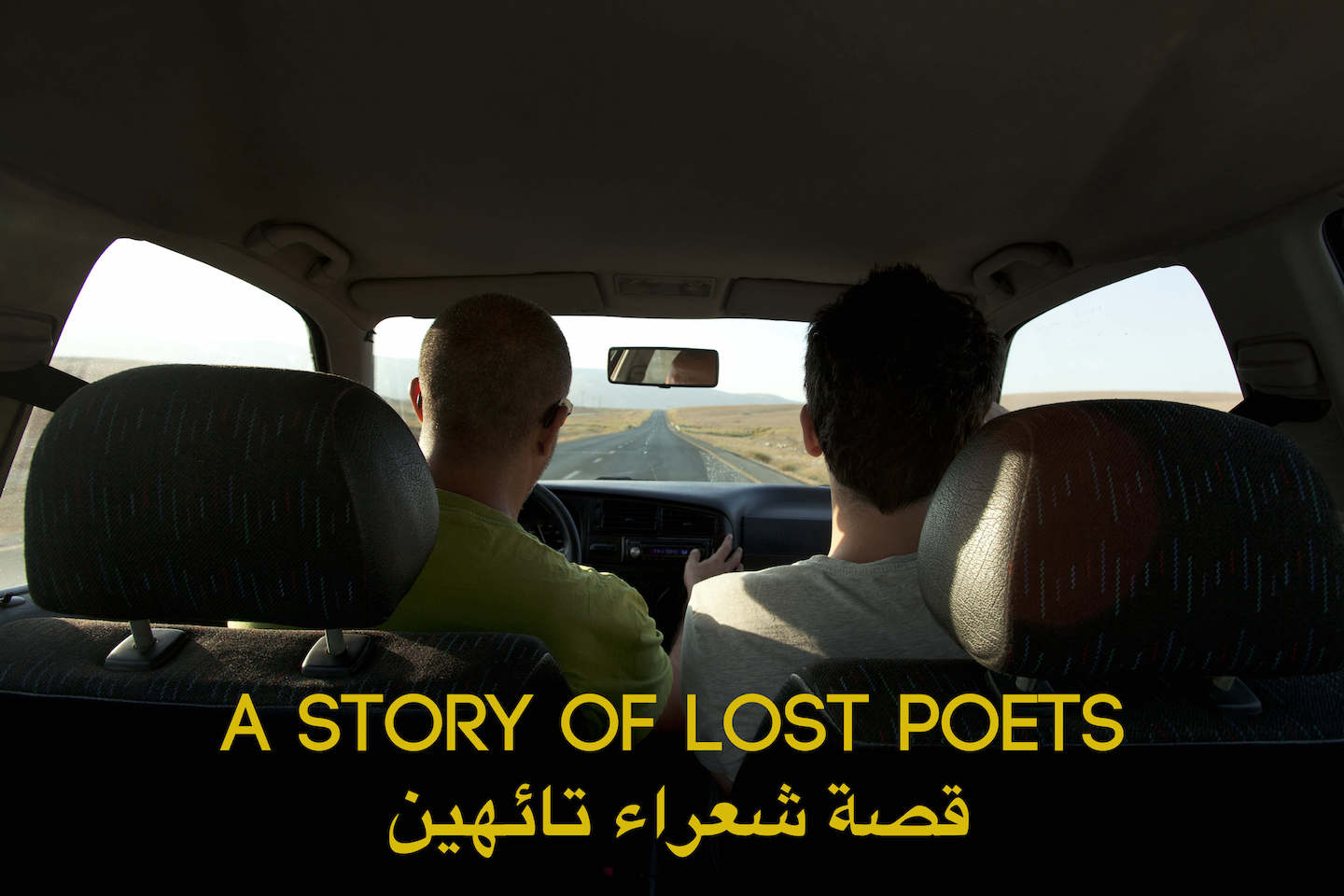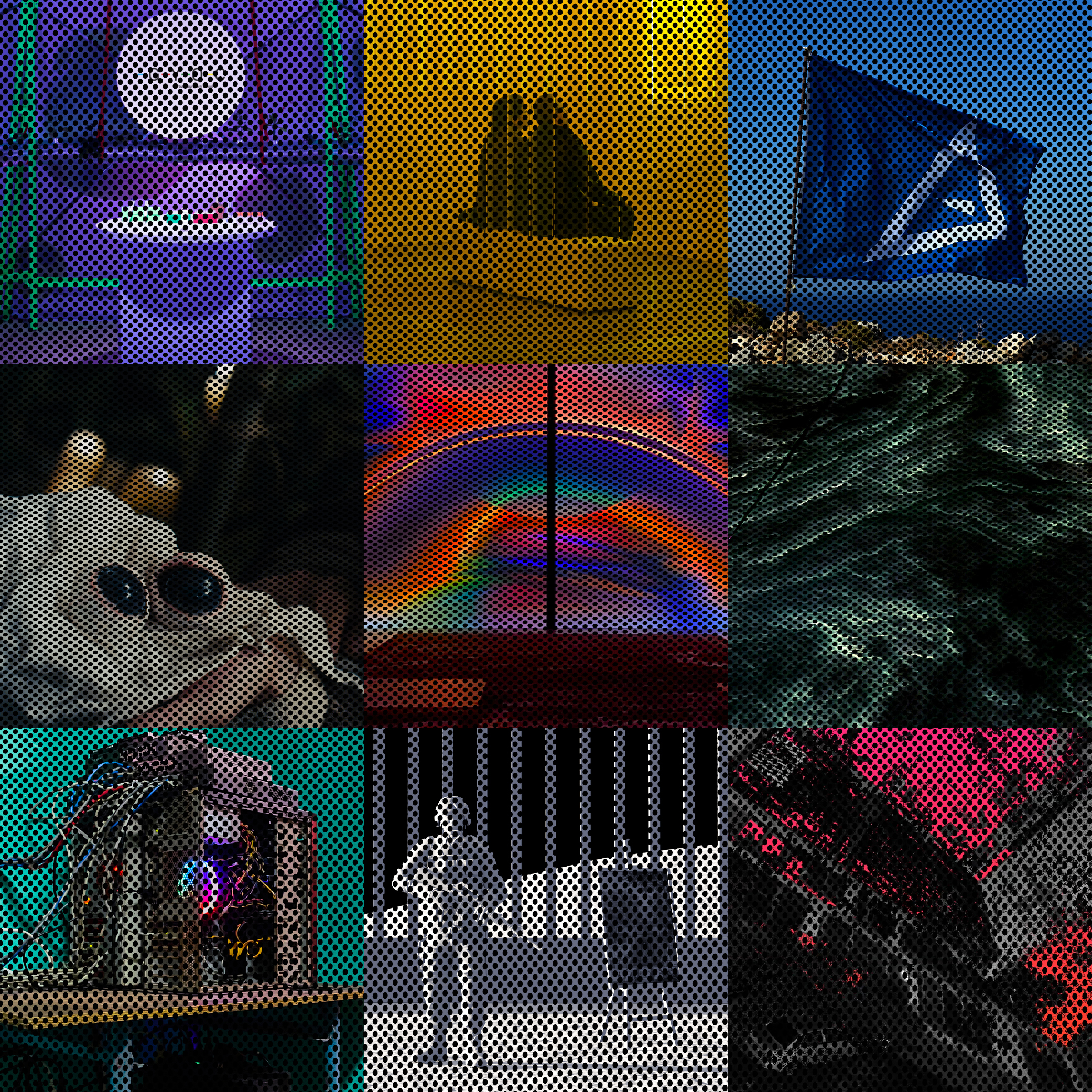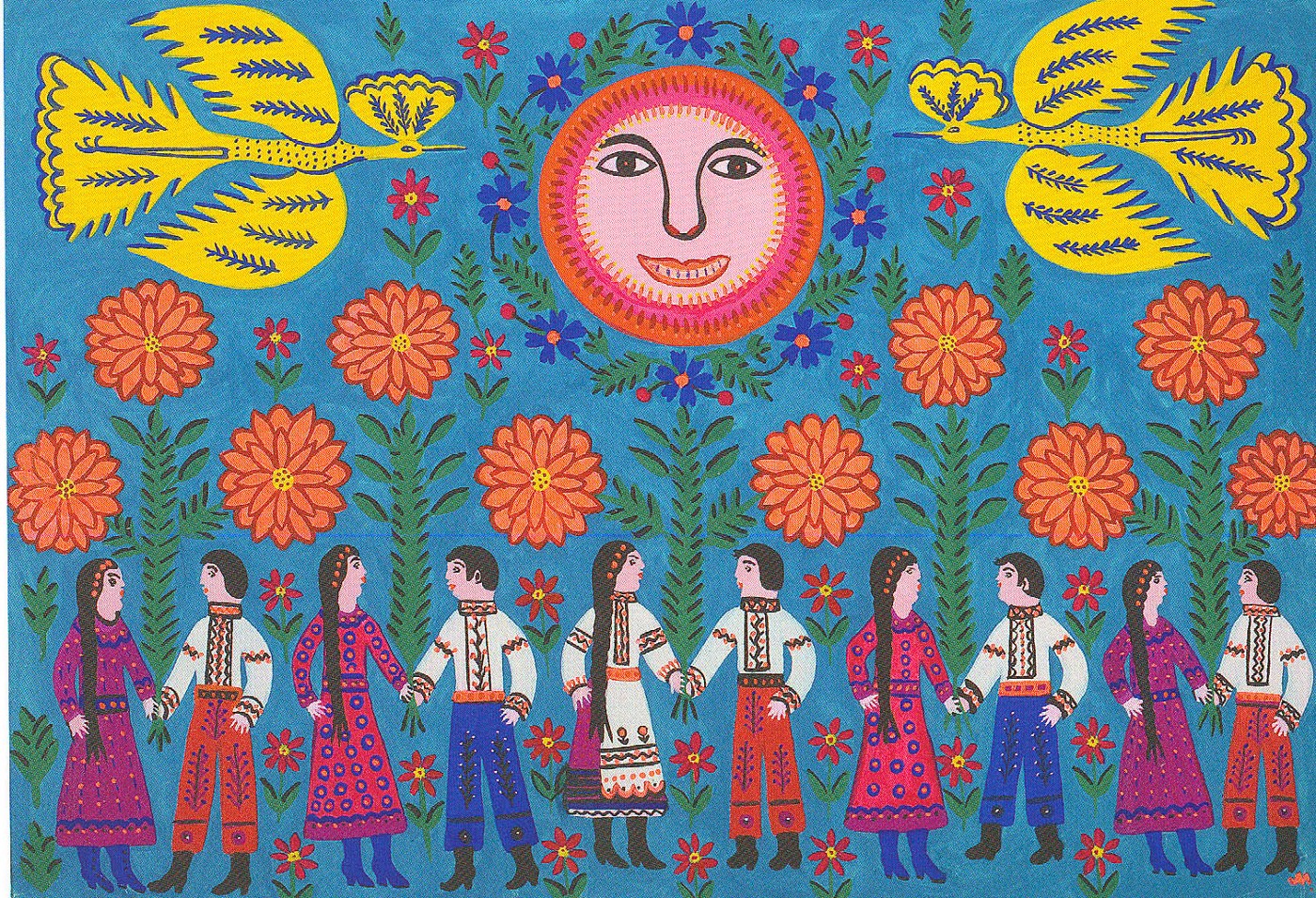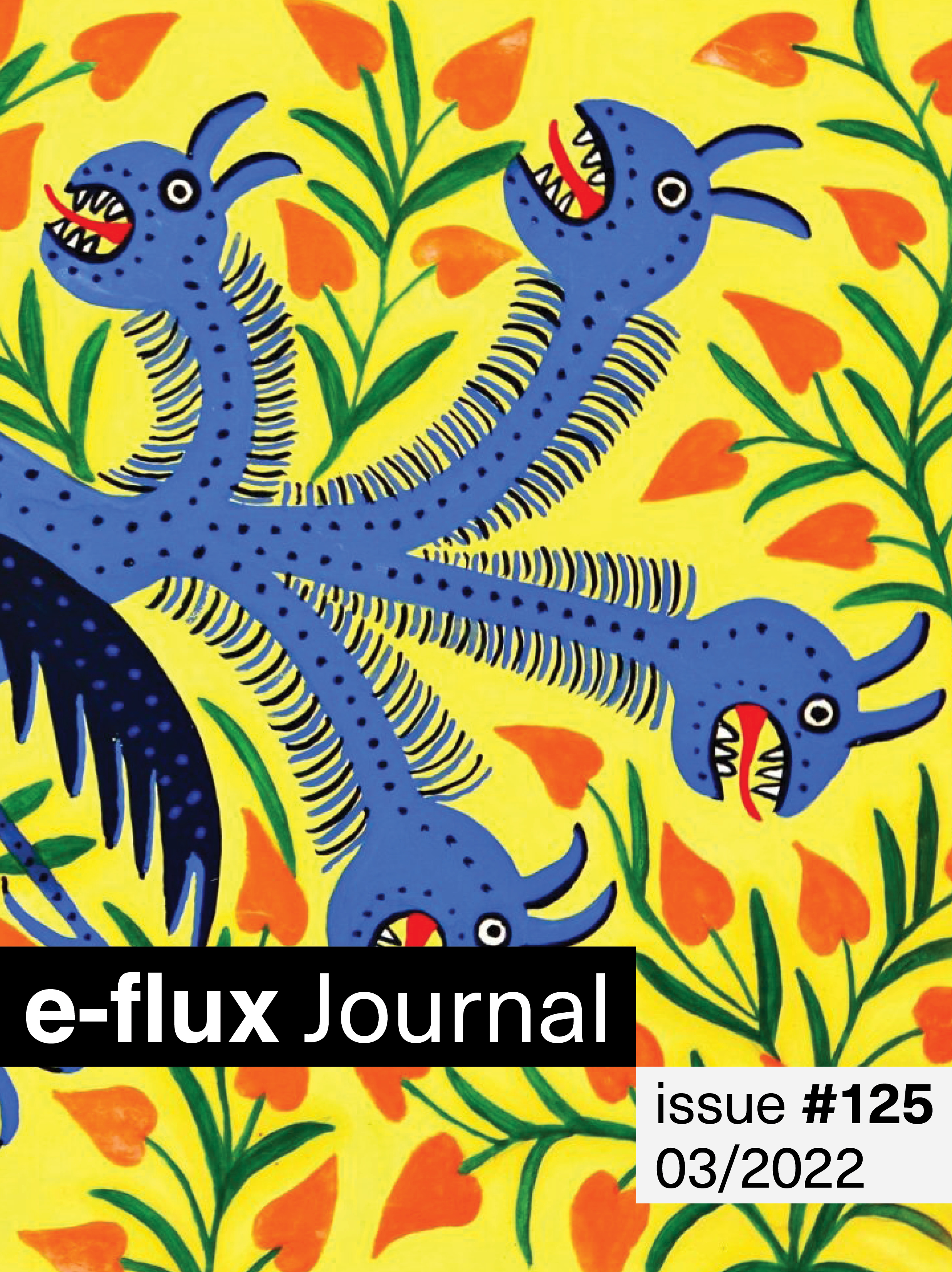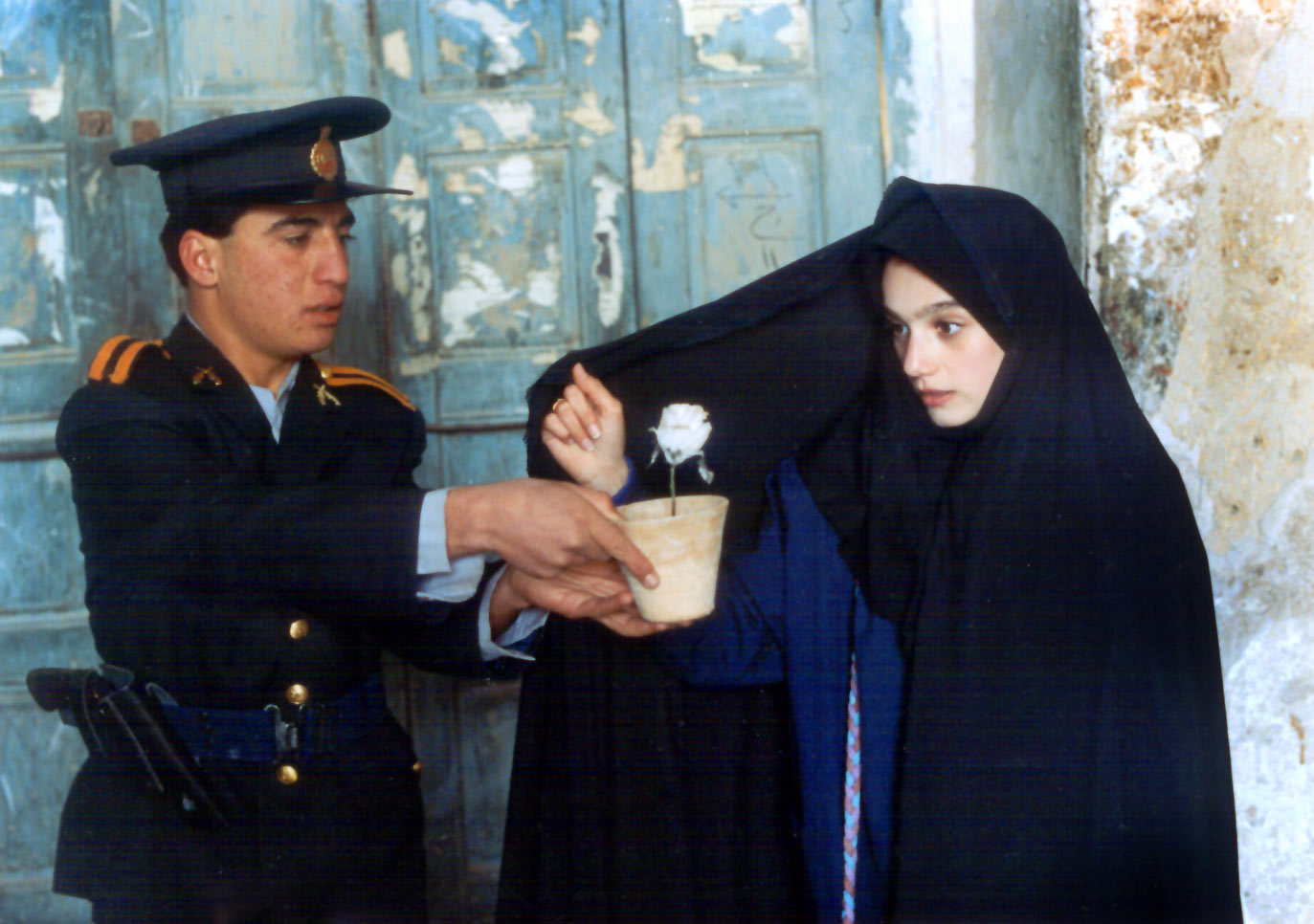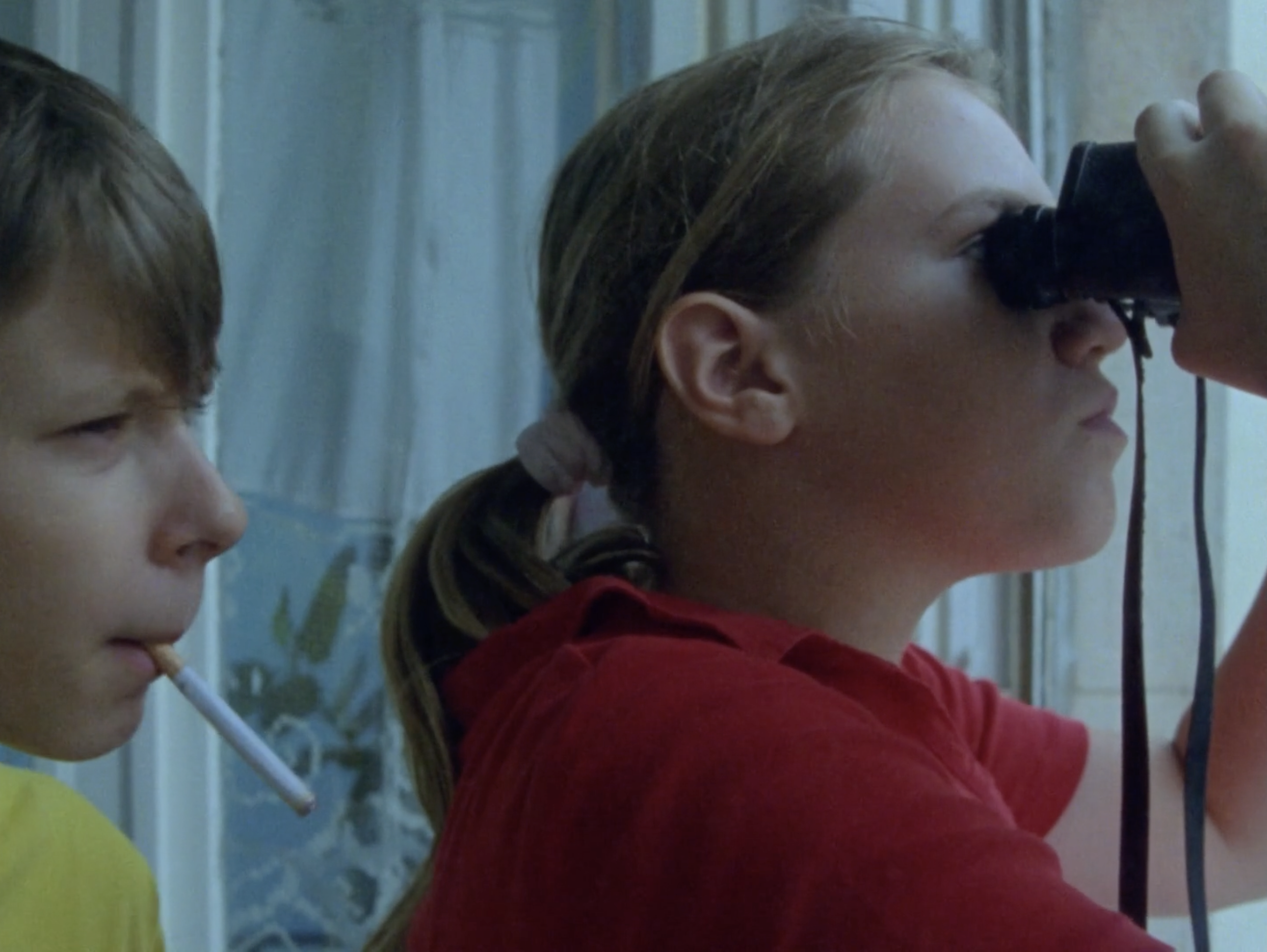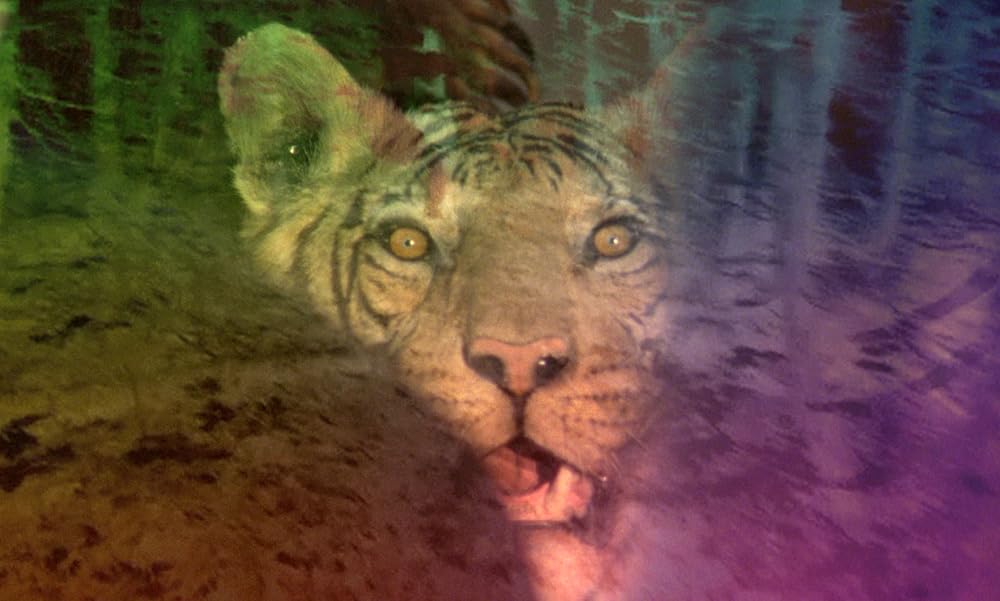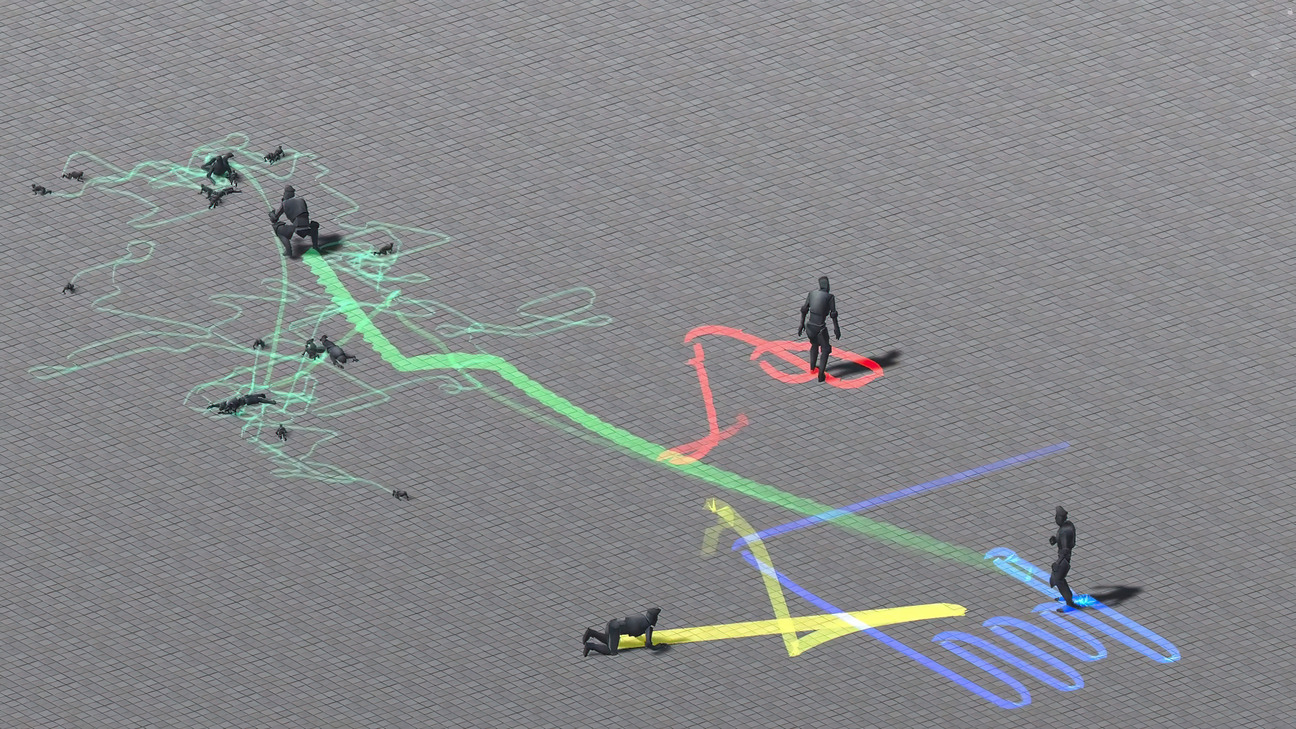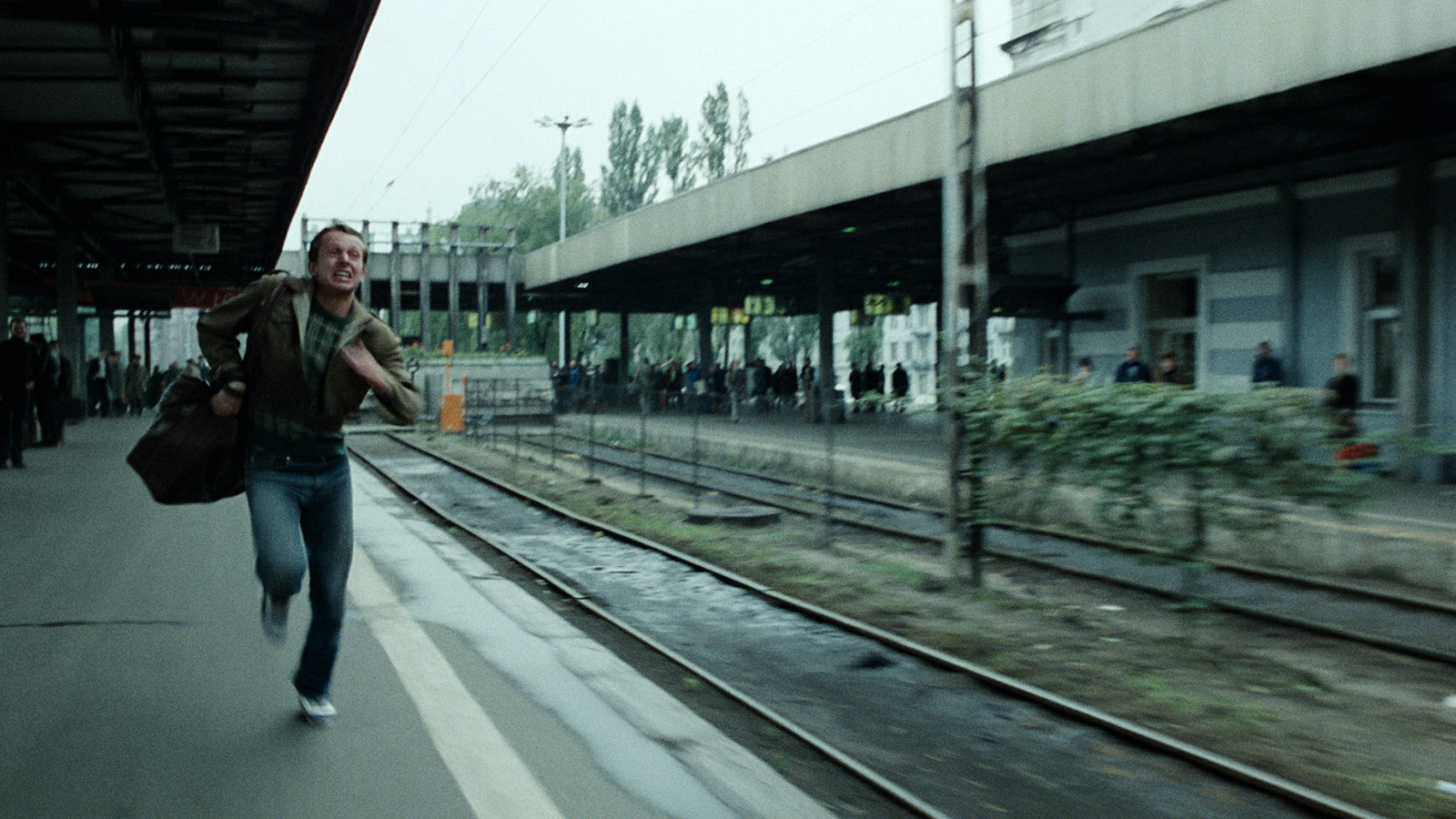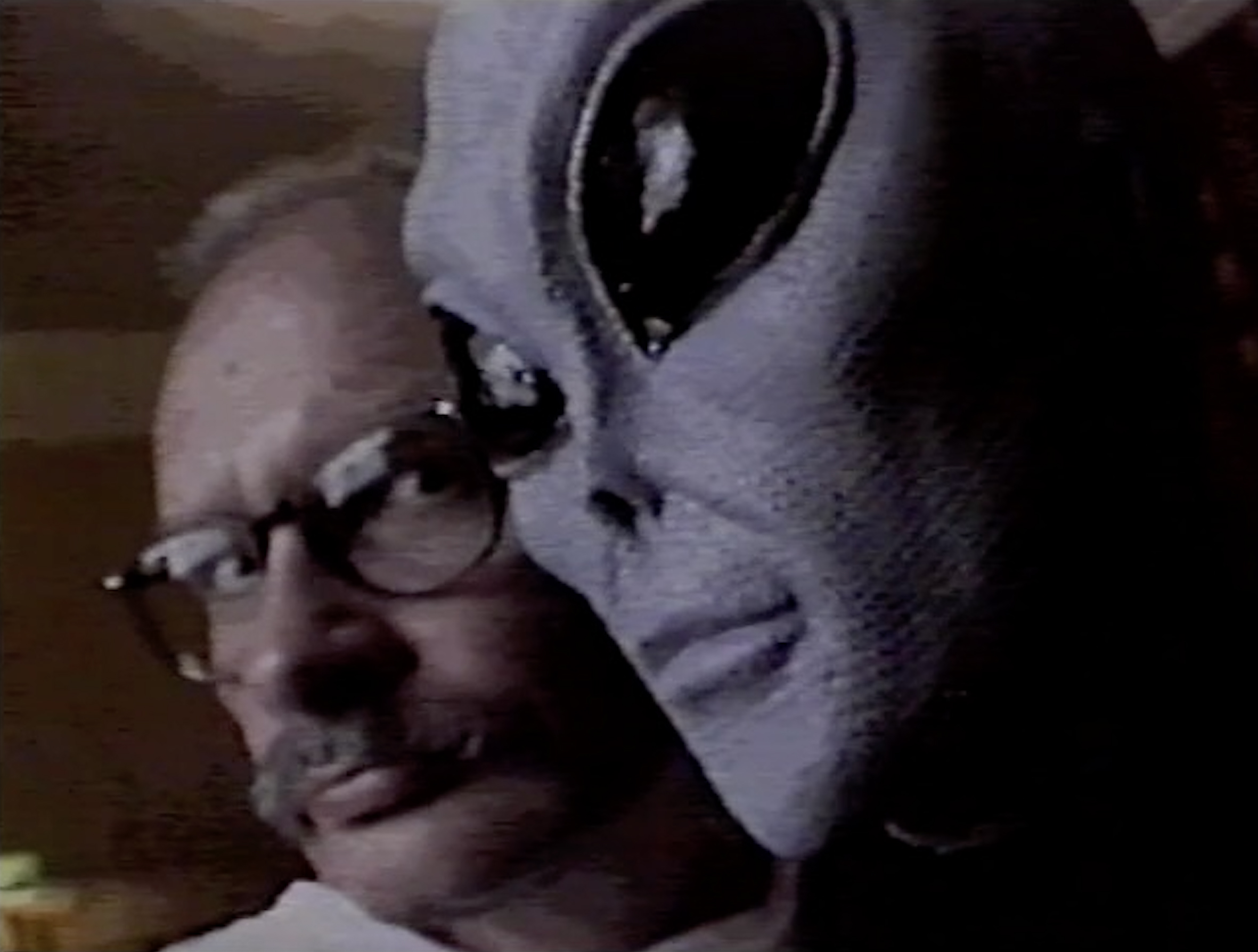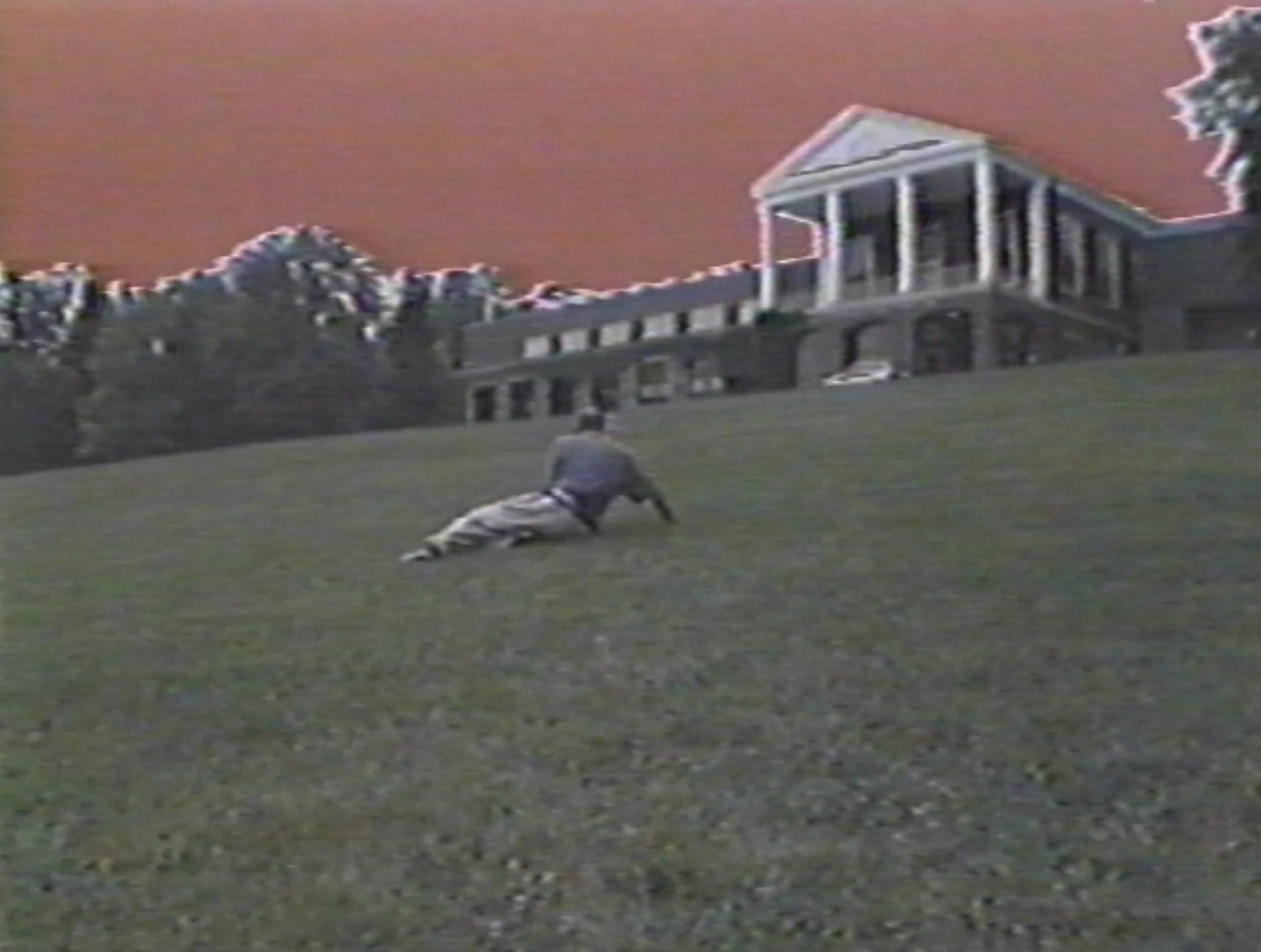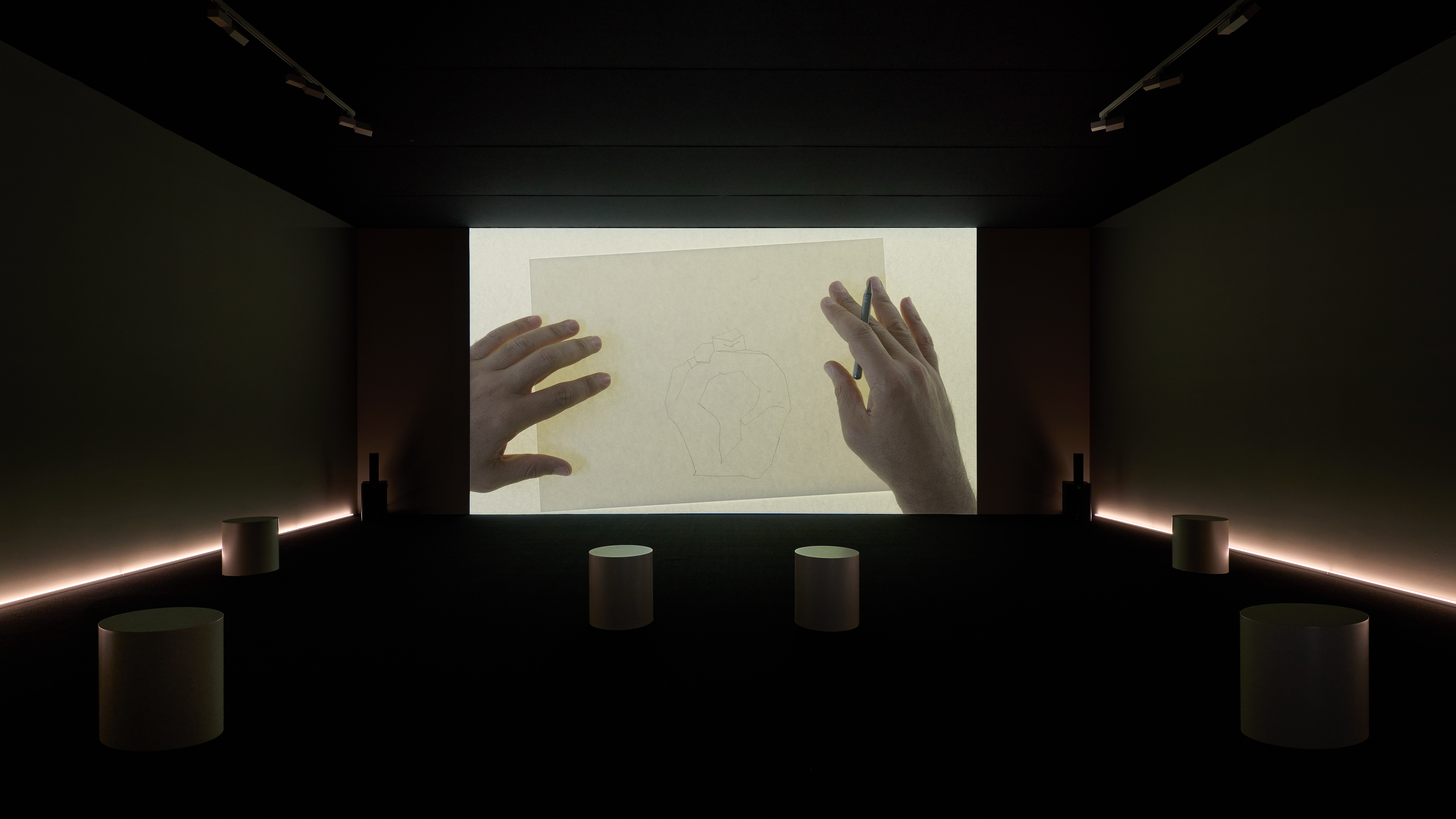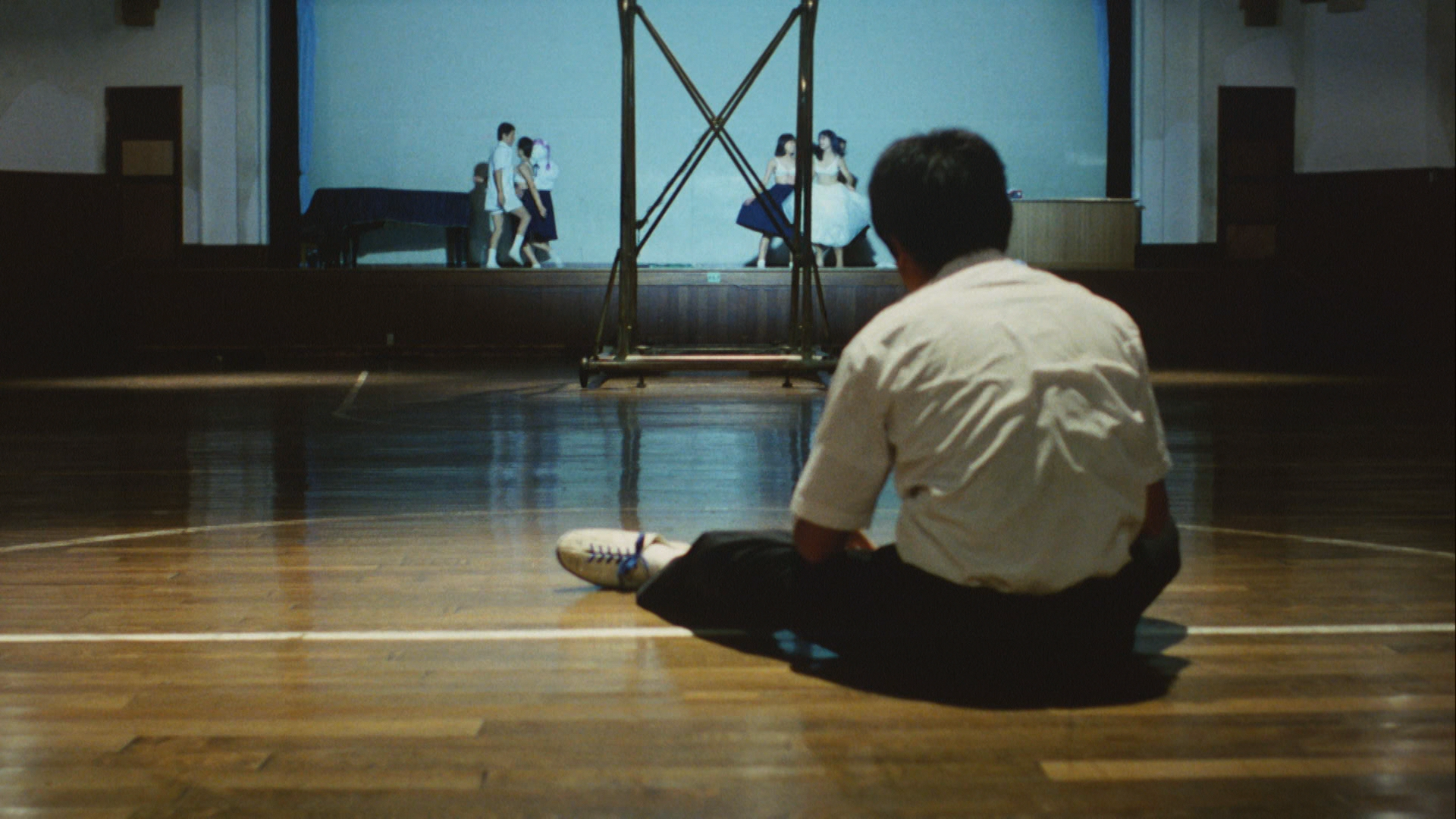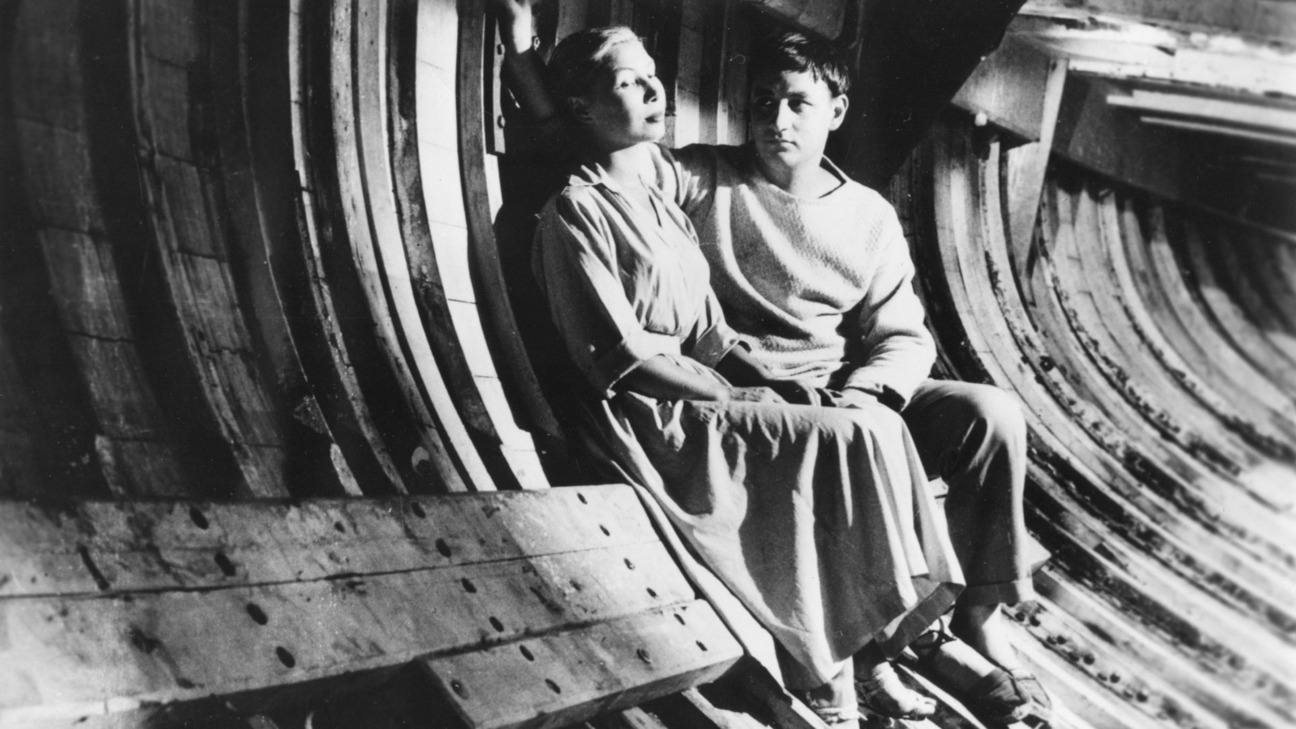Admission starts at $5
October 28, 2023, 5pm
Brooklyn 11205
USA
Join us at e-flux Screening Room on Saturday, October 28 at 5pm for a screening of films by Oleksiy Radynski, Katrīna Neiburga, and Gintaras Makarevičius. The screening is curated by Audrius Pocius and Edvardas Šumila and organized in collaboration with the conference The Ecologies of Education: Interrogating Environment, Society, and Subjectivity at the New School. The screening will be followed by a discussion with the curators and the artist duo Nomeda and Gediminas Urbonas.
This program is conceived as a constellation of films and projects by Eastern European artists from the last two decades, juxtaposed to articulate aspects of societal change as a reciprocal negotiation between the private and the public spheres. This approach is highly influenced by a Benjaminian view of history as debris and decay and questions the feasibility and limits of utopian thinking. By rearranging dissociated elements of history in the context of both, the colonial pasts (in this case, the post-Soviet heritage) as well as the present crisis of the future (ecological and economic, but also cultural) the program aims for a critical, yet hopeful interpretation of futurity. It is an attempt to reevaluate the power of commitment within political and social systems and ask how we could radically shape how we imagine social and public space. The relationship between the transformative practices of the social is not coincidental to this also being a regional take. If we believe that societal change is best reflected at the core of salvaging its forgotten historical nexus, the post-Soviet realm shows itself as the ominous playground of this dynamic, where memory, colonial past, social transition, and the imaginary had to forcefully reshape and sublate its history, now to be reclaimed and reflected upon.
The program is composed of four parts, including three films and an artist talk. The film Vaskiči by Gintaras Makarevičius (2004, Lithuania) functions here as a metonymy for the contemporary negotiation of (political) space. The kids are playing a war game while being observed by the voyeuristic gaze of the camera, which, although providing a spectacle, never allows for an understanding of the game dynamic as a whole. Landslide by Oleksiy Radinskiy (2016, Ukraine) is the closest take on utopia—something that the community depicted in the film aimed at achieving “here and now,” with the simultaneous realization of the fragile and temporal conditions of such a possibility. In Katrīna Neiburga’s The T-shroom (2000, Latvia), bacteria used to make kombucha evoke a synecdoche that speaks about certain forgotten rituals and habits of the past that are still practiced privately, and can be recharged and actualized in a reflective way.
The program, which is part of the project “Theory of Milieu: Philosophical Premises of Environmental Education” conceived and directed by Kristupas Sabolius (Vilnius University and MIT), will also include the archival material of Nomeda and Gediminas Urbonas’s Pro-test Lab, a project that started as a call to reclaim public space in Lithuania and, in particular, to save the largest cinema theater in Vilnius from being demolished. With the artists present, we will bring this program to a close by discussing the experience of social collisions and change, and the current state of envisaging our futures.
Films
Oleksiy Radynski, Landslide (2016, 28 minutes)
Landslide is a film about an attempt to build “a society which will be radically different from everything else that surrounds us” (to quote the film’s protagonists). This attempt takes place in the very center of Kyiv, in an area reclaimed by the forces of nature. Landslides, degradation of urban politics, and disintegration of social ties have led to the emergence of an anarchic, uncontrolled enclave in the city center. That is how the idea of “utopia, here and now” was born. Representatives of street art, music scene, theater, avant-garde, etc. take part in the making of this utopia.
Katrīna Neiburga, The T-shroom (2000, 11 minutes)
T-shroom is a social art project by Katrīna Neiburga and Art bureau OPEN who brought together a team of cultural practitioners to promote the symbolic values of the tea-mushroom through the use of social campaigns and branding tools. Tea-mushroom or kombucha—a bacterial organism in a form visually similar to jellyfish—has been a popular home-made “soft-drink” in the Baltic states and Russia for more than a century. Brought back by soldiers as a trophy of the Russian-Japanese war, it became a widespread household item and had a pet-like family status. In 1999, Latvian artists smuggled a t-shroom across the border of Sweden as an alleged Eastern European refugee, endangered in its homeland by the invasion of global soft drink brands like Coca-Cola. By exploring the microhistories of people revolving around the cultivation of the tea-mushroom, the film effectively transforms the latter into a synecdoche that serves as a marker of both a memory of the past as well as the uncertain expectation of the future.
Gintaras Makarevičius, Vaskiči (2004, 16 minutes)
Vaskichi is the name of a popular children’s team game. The film depicts children playing out a military battle, and poses a voyeuristic gaze that obscures our ability to perceive what is actually happening. The constant renegotiation of the rules between the children is reminiscent of political negotiations. According to the filmmaker, a lot of directorial decisions were made by the kids themselves, who were allowed to be on both sides of the frame—as actors within and without. The perception of the film shifts with time: As we watch it retrospectively, it seems a testament to the constant change of social circumstances and our ability to salvage them through the exposition of particular events that we tend to neglect in the everyday context.
For more information, contact program@e-flux.com.
Accessibility
–Two flights of stairs lead up to the building’s front entrance at 172 Classon Avenue.
–For elevator access, please RSVP to program@e-flux.com. The building has a freight elevator that leads into the e-flux office space. The entrance to the elevator is nearest to 180 Classon Ave (a garage door). We have a ramp for the steps within the space.
–e-flux has an ADA-compliant bathroom. There are no steps between the Screening Room and this bathroom.
